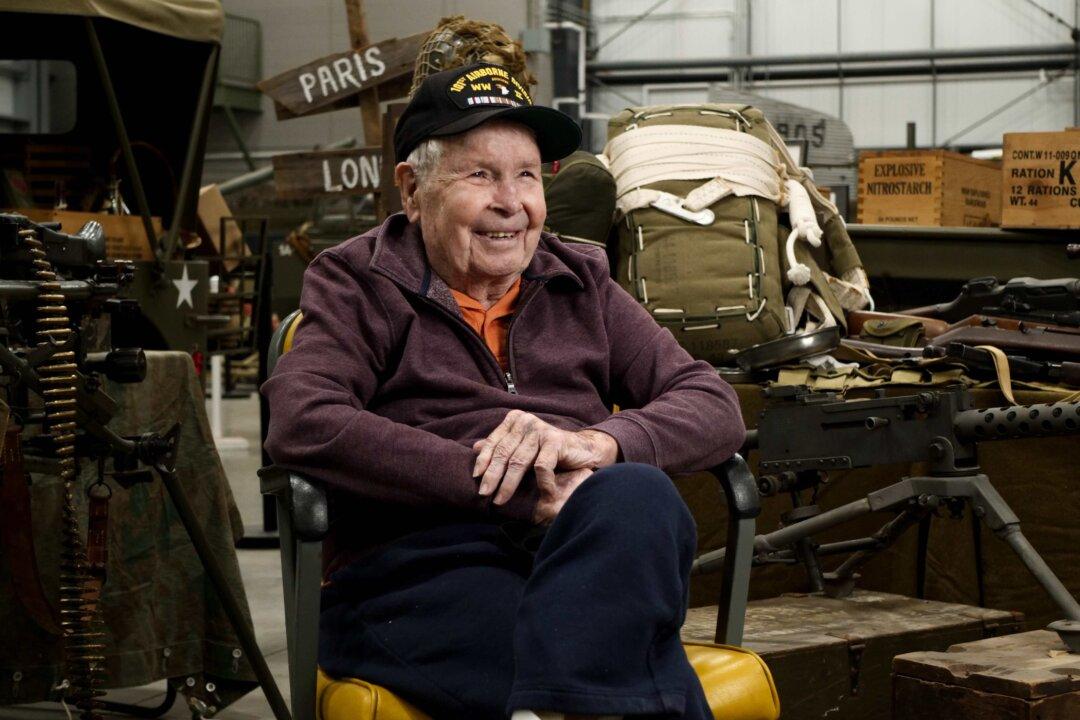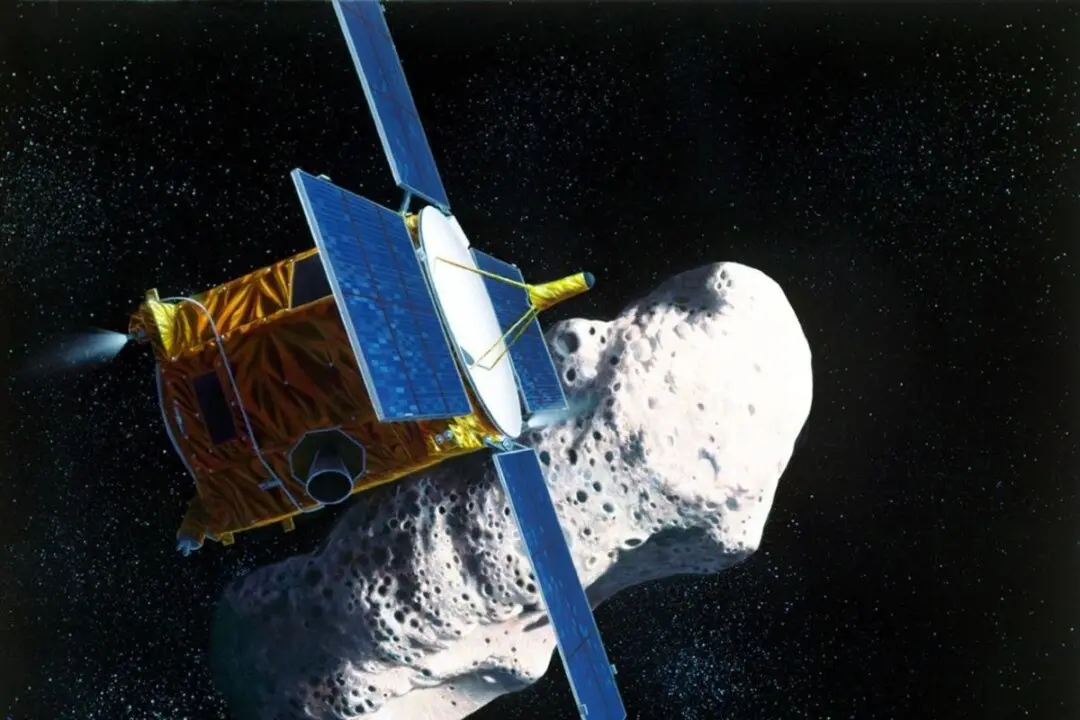Tracie Hunter is an Emmy Award-winning documentary filmmaker who, for the past five years, has focused her film skills on telling the stories of World War II veterans. Through her organization WWII Beyond the Call, Hunter and her team of volunteer filmmakers have been seeking out and capturing the harrowing stories of soldiers from history’s greatest conflict. Her latest work “A Rendezvous With Destiny,” about the last three surviving members of the 101st Airborne Division “Screaming Eagles,” premiered on May 29 at the National Veterans Memorial and Museum in Columbus, Ohio.
[embed]https://www.youtube.com/embed/_a_JUKSCyWs[/embed]






